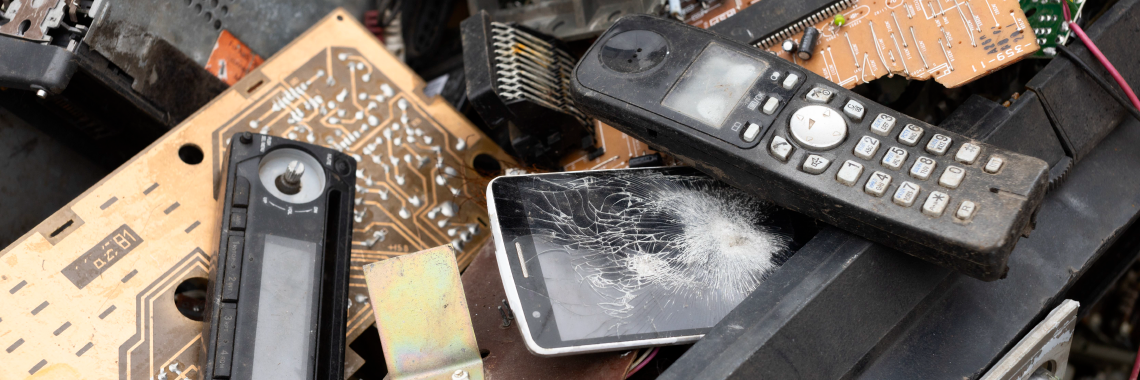A decree that promotes more responsible management of electrical and electronic waste in Chile could be published at the end of the year
Almost three years have passed since the process of preparing the Supreme Decree that establishes the collection and recovery goals for this waste began. The wait seems to be coming to an end, with the promise that the decree could be published at the end of this year, according to information provided by the Ministry of the Environment.
The head of the MMA’s Circular Economy Office, Tomás Saieg, has highlighted the hard work that is being done to ensure that the regulations are robust and come into force as soon as possible. This decree, which includes batteries and waste electrical and electronic devices, is essential to promote the transition towards a circular economy model in the country.
The Challenge of Electronic Waste in Chile
Each year, Chile generates almost 200 thousand tons of electrical and electronic waste, but unfortunately, less than 5% of this waste is recycled. This figure is alarming and underlines the urgency of addressing this problem effectively.
The REP Law and the Prioritization of Electronic Waste
The Extended Producer Responsibility and Recycling Promotion Law (REP) has been an important step in the right direction by including electrical and electronic waste as a priority product. This inclusion recognizes the importance of properly managing this waste and establishes a legal basis to promote its recovery.
Implementation Challenges
However, the effective implementation of the REP Law has faced obstacles, especially due to the lack of a decree that establishes the obligations that producers must comply with. The development of this regulation has been a complex process that has taken almost three years to complete. Elements such as the recent incorporation of disused photovoltaic panels have added even more complexity to the process.
A promising future
Despite the challenges, there are reasons to be optimistic. The head of the Circular Economy Office of the Ministry of the Environment, Tomás Saieg, has indicated that they are working intensely for the decree to come into force in 2024. This statement reflects a firm commitment on the part of the government to move towards more effective management of electronic waste.

